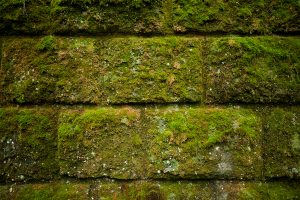
If you do not control or remove moss and algae it can creep up on you before you know it; so are you starting to notice green slime slowly moving up the garden path or clumps of moss protruding from the stonewalls of your holiday home?
We all know how visually unpleasant green algae and some types of moss are to the eye, but how can you control it?
We’ve put together some top tips on how to remove moss and algae at your holiday home, prevent your walls and paths becoming a slippery and ugly eyesore for your visitors, and protect your cottage from potential damage whilst doing it….
Annoying algae
Whether it’s on paths, patios, plant pots or garden furniture/fencing, Algae is one of the most diverse types of plants that can, unfortunately, appear anywhere and everywhere.
Despite playing an essential role in many ecosystems, for many cottage owners across the country it’s often seen as a pest. Not only is it unsightly, green algae can make pathways slippery when wet, creating a potential hazard for your holiday home guests and visitors.
How can you remove moss and algae?
There are two main forms of control, chemical and non chemical.
- Chemical: Although many suggest using a hydrochloric acid based bleach or patio cleaners as a quick solution, this method can damage nearby plants and discolour some types of stone.
- The Royal Horticultural Society (RHS) suggests using a patio cleaner product based on benzalkonium chloride, acetic acid or nitrilo triacetic acid/trisodium salt. These can be purchased from most DIY stores or garden centres.
- Non-chemical: Using a pressure washer is an effective way of instantly removing algae but will need to be carried out regularly in order to prevent it from returning.
- Use an environmentally friendly-based product such as EcoChem, which is available at most DIY/garden centres. The fast-acting product claims to contain no harmful solvents, protects against algae for up to 6 months and will not discolour treated services. Not only is it safe for your holiday home, it’s not harmful to humans or animals either!
Tackling moss
Just like algae, moss can be found in wet, shaded areas such as lawns, cracks and crevices, and on the paths / walls of your holiday home.
Although some types of mosses can add character to a garden, others can be displeasing to the eye.
Moss can be controlled using similar chemical and non-chemical solutions to algae:
- Chemical: There are a variety of moss killing products tailored for lawns, including ferrous sulphate based types, or others that are combined with fertiliser. Both of these can be found at most garden or DIY centres, and do ask for advice if you’re unsure which is best suited to your particular lawn.
- To combat moss on hard surfaces such as paths and driveways, the RHS suggest using products that contain acetic acid, fatty acids or pelargonic acid.
- Non-chemical: Pressure washing and wire brushing moss prone areas are effective ways of dislodging the plant and preventing re-growth.
- If lawn moss is causing a particular issue, try using an organic lawn fertiliser like MO Bacter, which will help to control the plant and feed the lawn at the same time.
Tips for prevention
- If you have any damp areas that are prone to algae or moss growth, try to improve drainage in the area by creating ducts along the edges of paths.
- Laying a new path/ driveway? Consider permeable paving to prevent surface-run off and only pave areas that are essential. This not only reduces costs, it also prevents moss and algae build up in the future.
- Allow the sun and wind to reach any sheltered areas by pruning overhanging plants or bushes.
For more information on how to remove moss and algae growth on decking, take a look at our ‘Essential Decking Maintenance’ blog post:
You may also find the following post on preventing slips and trips of interest:
Boshers offer specialist holiday home insurance to owners across the UK. For more information on how a specialist insurer can help and support your holiday home business, please give us a call on 01237 429444.



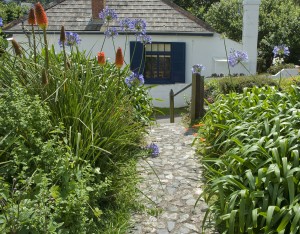 A combination of strong winds and salt air can create challenging conditions for growing plants in coastal gardens. If you’re wanting to add a dash of colour to brighten a dull plot or even help protect your garden from the elements with a natural windbreak, here’s some coastal gardens inspiration for your holiday cottage by the sea. These tips will ensure your plants enjoy being by the sea as much as you and your guests do…
A combination of strong winds and salt air can create challenging conditions for growing plants in coastal gardens. If you’re wanting to add a dash of colour to brighten a dull plot or even help protect your garden from the elements with a natural windbreak, here’s some coastal gardens inspiration for your holiday cottage by the sea. These tips will ensure your plants enjoy being by the sea as much as you and your guests do…
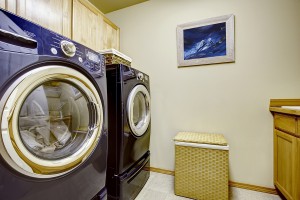 The devastating affect of poorly maintained tumble dryers has been making headlines across the UK recently, with figures showing they are now one of the largest causes of fires in the home.
The devastating affect of poorly maintained tumble dryers has been making headlines across the UK recently, with figures showing they are now one of the largest causes of fires in the home.
 It’s turning into a very British winter; rain has battered the country in recent weeks with an estimated £1.3 billion of storm damage and flood damage already caused to domestic properties and businesses.
It’s turning into a very British winter; rain has battered the country in recent weeks with an estimated £1.3 billion of storm damage and flood damage already caused to domestic properties and businesses.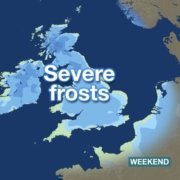
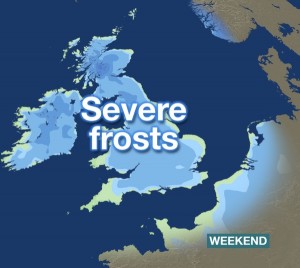 We see more burst pipe and escape of water insurance claims than any other. The damage caused can be significant but there are several simple steps holiday homeowners can take to minimise their risk.
We see more burst pipe and escape of water insurance claims than any other. The damage caused can be significant but there are several simple steps holiday homeowners can take to minimise their risk.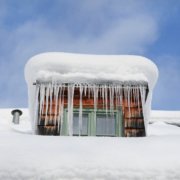
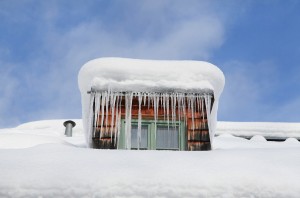 We spend all day talking to holiday home and cottage owners across the UK,
We spend all day talking to holiday home and cottage owners across the UK, 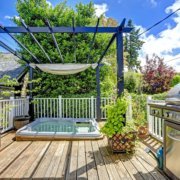
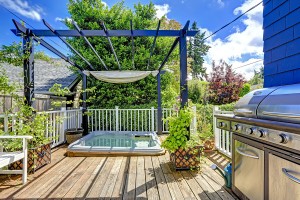

 With a busy summer season now drawing to a close, an upcoming autumnal chill in the air could mean your holiday let is about to become the winter home of an unwelcome guest; the cluster fly.
With a busy summer season now drawing to a close, an upcoming autumnal chill in the air could mean your holiday let is about to become the winter home of an unwelcome guest; the cluster fly.
 It’s official; last winter was the stormiest period of weather experienced by the UK for at least 20 years. No fewer than twelve storms brought with them strong winds and heavy rainfall, battering holiday homes across England, Wales and Scotland well into February last year.
It’s official; last winter was the stormiest period of weather experienced by the UK for at least 20 years. No fewer than twelve storms brought with them strong winds and heavy rainfall, battering holiday homes across England, Wales and Scotland well into February last year.
 If you’re having work carried out or renovations made to your holiday home that require builders to be on site, these alterations will bring with them a unique set of risks and considerations for your property and the contents within it.
If you’re having work carried out or renovations made to your holiday home that require builders to be on site, these alterations will bring with them a unique set of risks and considerations for your property and the contents within it.